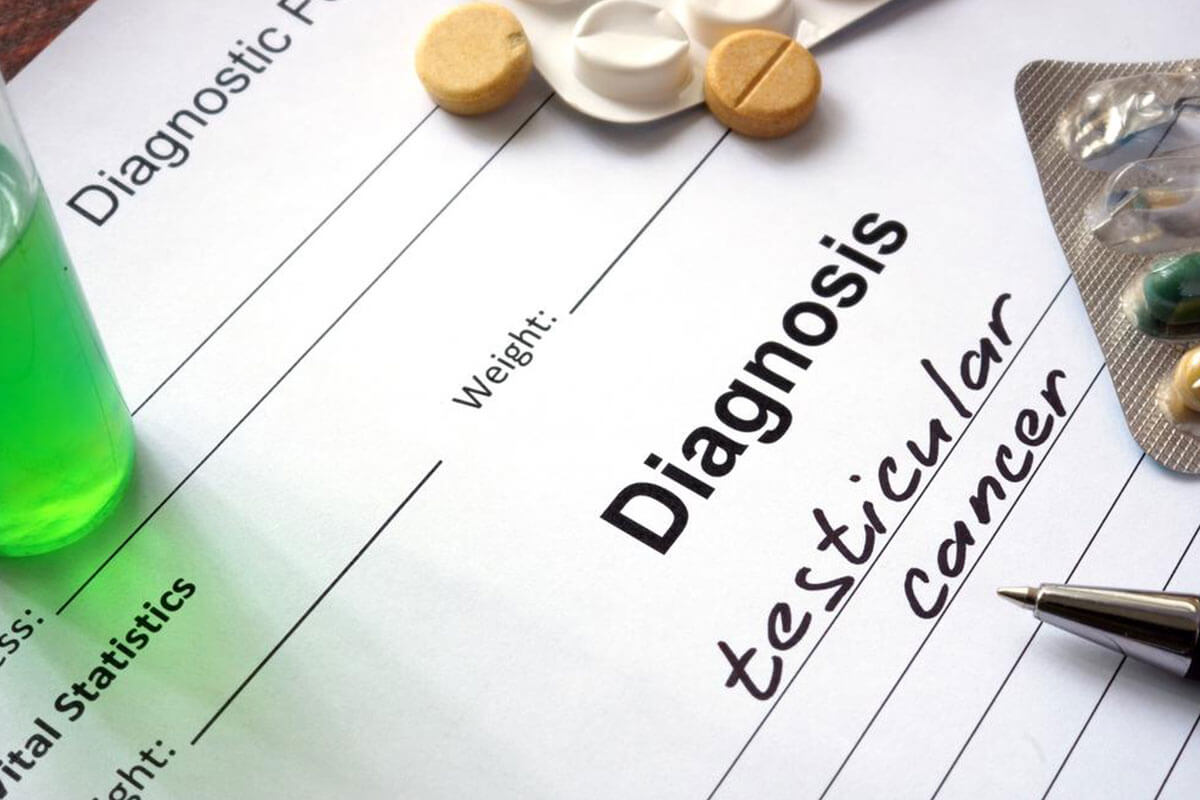Comprehensive Guide to Managing Advanced Prostate Cancer: Treatment Options and Support Strategies
This comprehensive guide delves into advanced prostate cancer management, exploring treatment options like hormone therapy, radiation, chemotherapy, and immunotherapy. It emphasizes the importance of supportive care, emotional resilience, and resources available for patients, aiming to improve quality of life and extend survival for those battling metastatic prostate cancer.

Comprehensive Guide to Managing Advanced Prostate Cancer: Treatment Options and Support Strategies
Prostate cancer remains one of the most common cancers affecting men worldwide. While early-stage prostate cancer can often be treated successfully, metastatic or advanced prostate cancer poses unique challenges and typically cannot be cured entirely. However, through a combination of modern treatment strategies and supportive care, patients can significantly improve their quality of life, extend their lifespan, and effectively manage symptoms. This comprehensive guide explores current treatment options for advanced prostate cancer, including hormone therapy, radiation, chemotherapy, immunotherapy, and newer targeted treatments, along with essential support resources to help patients and their families navigate diagnosis and treatment.
Understanding Advanced and Metastatic Prostate Cancer
Advanced prostate cancer refers to cancer that has spread beyond the prostate gland to other parts of the body, such as bones or lymph nodes. Metastatic prostate cancer is often considered the most severe form, indicating that cancer cells have disseminated extensively. Although these stages are not curable, approaches focus on controlling tumor growth, alleviating symptoms, and prolonging survival. Management strategies thus revolve around slowing disease progression, reducing pain, and maintaining the patient's emotional and physical well-being.
How Does Hormone Therapy Play a Role in Treatment?
Hormone therapy, also known as androgen deprivation therapy (ADT), is a cornerstone of treatment for advanced prostate cancer. It works by reducing or blocking the production and action of testosterone, a hormone that fuels prostate tumor growth.
It directly targets the hormonal drivers of prostate cancer, often leading to rapid tumor shrinkage.
Used as a primary treatment in advanced stages, hormone therapy can be combined with other treatments to enhance effectiveness.
Patients may continue hormone therapy either as a standalone treatment or alongside additional therapies like radiation or chemotherapy, depending on disease progression and overall health.
Types of hormone therapy include:
Surgical options: Orchiectomy, the surgical removal of testicles, leads to a rapid decrease in testosterone levels. This one-time procedure is effective but involves irreversible removal of hormone production sources.
Pharmaceutical options: Medications such as luteinizing hormone-releasing hormone (LHRH) agonists or antagonists are used to suppress testosterone production. Anti-androgens can block androgen receptors, preventing testosterone from stimulating cancer cells.
Side effects of hormone therapy may include osteoporosis, weight gain, hot flashes, decreased libido, erectile dysfunction, and fatigue. Managing these side effects often requires supportive measures and medical intervention.
Is Surgery Necessary for Advanced Prostate Cancer?
Surgical intervention is not always necessary, especially if the cancer has metastasized extensively, but it may be considered in cases where urinary obstruction or localized symptoms are problematic.
Radical prostatectomy, which involves removing the entire prostate gland, is typically reserved for localized disease but may be performed in select cases.
Potential complications include infection, bleeding, or rectal injury, which require careful consideration by the healthcare team.
What is Radiation Therapy?
Radiation therapy uses high-energy beams to target and kill cancer cells. It may be used after surgery to eradicate residual disease or as a primary treatment for inoperable tumors.
External beam radiation therapy (EBRT) directs radiation from outside the body, with precision targeting to minimize damage to surrounding tissues.
For metastatic cases, radiation can alleviate symptoms such as bone pain or spinal cord compression, improving quality of life.
Combination therapies—like hormone therapy alongside radiation—are common for larger tumors or symptomatic relief.
Available Treatments for Metastatic Prostate Cancer
Chemotherapy: Chemotherapy regimens, such as docetaxel, are effective against aggressive or spreading tumors, helping to slow progression and alleviate symptoms.
Medication Management: Pain relievers, bisphosphonates, or denosumab are used to treat bone metastases and reduce skeletal complications.
Immunotherapy: Emerging therapies aim to stimulate the body's immune system to better recognize and attack prostate cancer cells. While still under research, immunotherapy offers hope for resistant disease.
Radioisotope Therapy: Treatments like radium-223 involve infusing radioactive substances that target bone metastases, providing pain relief and delaying disease progression.
Supporting Patients and Exploring Resources
Numerous online communities, local support groups, and counseling services provide vital emotional support and practical information for patients and families.
Financial assistance programs, including Medicaid and specialized cancer support funds, can help manage treatment costs. Early application and eligibility checks are recommended.
Planning for treatment logistics such as travel, accommodation, and caregiver support can lessen burdens and improve treatment adherence.
The Importance of Emotional and Psychological Support
Receiving a diagnosis of advanced prostate cancer can be emotionally overwhelming and physically exhausting. Ensuring mental resilience through counseling or peer support significantly contributes to overall well-being.
Connecting with loved ones, mental health professionals, or support groups can help patients cope with fears, uncertainties, and emotional stress.
In conclusion, while metastatic prostate cancer presents significant challenges, advances in medical treatment and supportive care continue to improve patient outcomes and quality of life. A multidisciplinary approach that combines effective therapies with emotional and logistical support is essential for managing this complex disease effectively. Patients are encouraged to work closely with their healthcare team to tailor treatment plans suited to their individual needs and circumstances, ensuring they receive comprehensive care throughout their journey.





